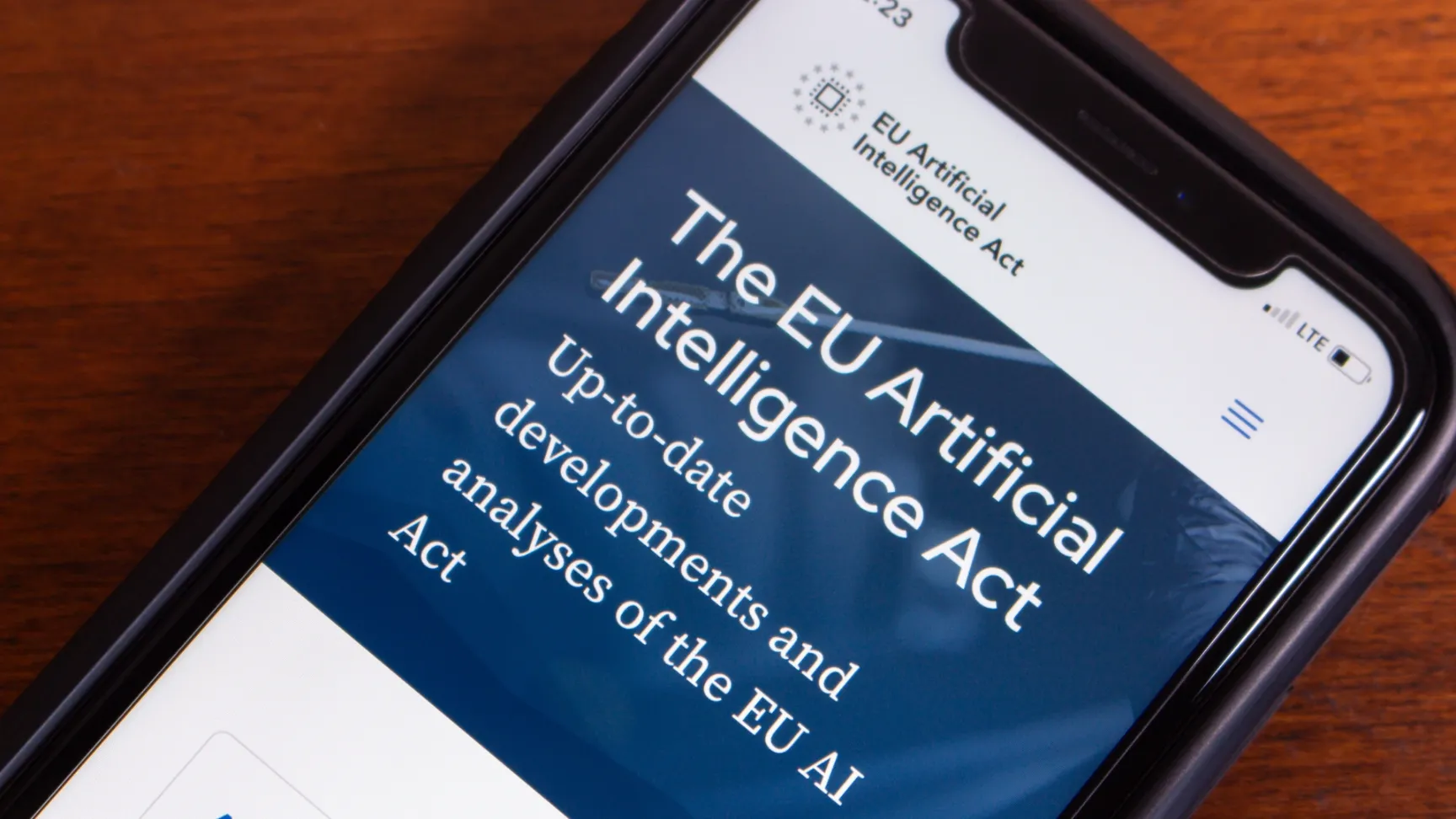As a European AI company, we at DeepVA have often faced the challenge of navigating an environment characterized by uncertainty regarding future AI regulations in recent years.
Originating from a research project at Offenburg University of Applied Sciences (read more about us here), we have placed a strong focus on the specific needs of European media companies, municipalities and universities since 2017. Small and medium-sized providers like us in particular, who do not have large legal departments, see the opportunity to offer solutions that are designed from the outset to meet our European and democratic requirements and integrate these mechanisms, such as the automatic “forgetting” of data records after a certain period of time, into their structure. This ensures data protection not only for the user, but also for third parties who are included in the image database, for example.
With the implementation of the EU AI Act, an important orientation has now been created. This development was recently deepened by the IRIS study of the European Audiovisual Observatory (EAI), which provides a comprehensive analysis of the legal challenges specifically for AI applications in the media sector. In particular, it emphasizes that data protection — in conjunction with the General Data Protection Regulation (GDPR) — remains a cornerstone of the European AI strategy, especially in data-intensive sectors.
GDPR-compliant transparency and data protection
Authorities, cities and universities need powerful AI solutions that meet the highest data protection standards. That’s why at DeepVA, in addition to our SaaS solutions, we specifically offer European solutions that can also be installed completely on-premise if required. Our Composite AI Platform aims to combine multiple AI services such as speech recognition, facial recognition, object recognition and translation for specific tasks while enabling full data sovereignty.
For example, we enable universities and colleges to use automatic transcription and subtitling to make lectures, meetings or conferences more transparent and accessible without having to worry about data leakage or the training of other models, as all types of use, especially further processing for training purposes, are contractually and technically excluded.
Regional solutions as a competitive advantage
The EU’s IRIS study points out that most AI solutions are still developed outside Europe, which leads to excessive market power. For the European institutions, this means challenges in terms of law enforcement and control, and for users, of course, a dependency on the technology companies. Of course, the products of such providers are convenient and easy to use, but in the past it has been negative experiences with information leaks that have also led individual customers to us. Developments in the USA in recent weeks in particular have shown how volatile such business relationships can be in times of disruptive foreign policy or even become a political issue.
Responsibility when using open source
At DeepVA, we take responsibility for evaluating, integrating and continuously maintaining exciting models. Before integrating open source models, a legal evaluation and risk assessment is carried out in accordance with the AI Act to ensure compliance with all regulatory requirements. In this way, our customers benefit from the latest developments in the open source AI community without any risk to themselves, but also from our partners in research (e.g. University of Rhine-Main or Fraunhofer), who can quickly and easily transfer their results to media companies or other applications. Every innovation is tested, integrated and professionally supported so that authorities and universities remain agile with maximum security.
AI systems always raise ethical issues of discrimination and bias. At DeepVA, we actively address these challenges by using balanced training data and special technical procedures, one example being the use of focal loss functions that recognize and correct underrepresented groups in data sets. Among other things, we ensure that the systems make fair and non-discriminatory decisions and even enable our users to make quantitative statements about the diversity in their data sets or content by using our diversity analysis.
These tools and measures are not only the result of direct customer requests, but are also a fundamental part of our own corporate values.
Legal certainty and compliance
Above all these issues, the major question of legal certainty and the clarification of liability issues and regulatory compliance are key components of the implementation process for AI solutions. We try to provide our customers with the best possible support here and assist them with audits and, if necessary, by implementing additional mechanisms and certificates. The same applies to the integration of third-party models, which are first subjected to a legal review, especially from the open source sector. In this way, the institutions benefit in the long term from AI solutions that meet the constantly changing regulatory requirements.




